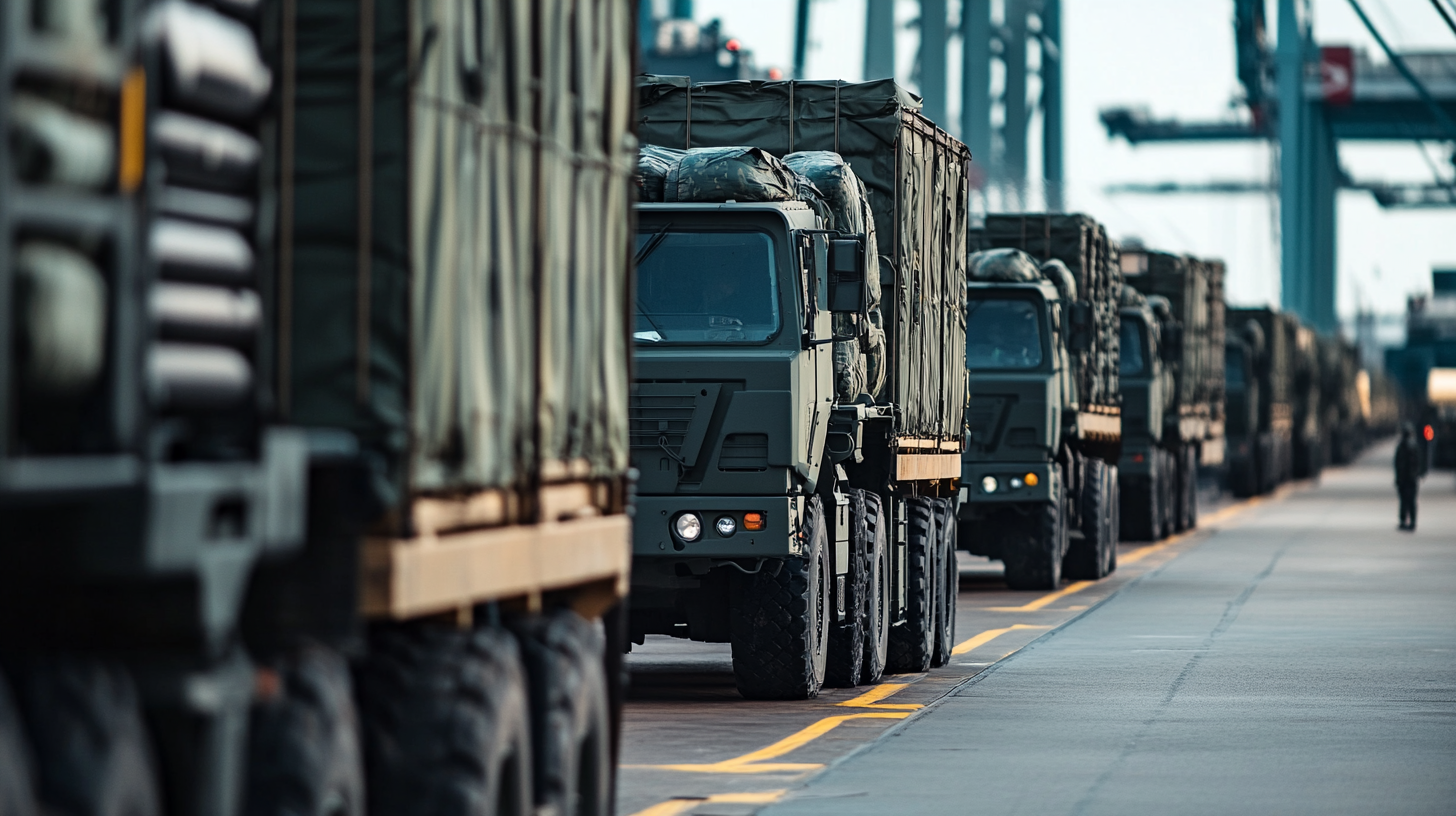
Framework for Arms Export Licensing in the United Kingdom
The arms export licensing framework in the UK operates with considerable rigour. Its purpose is to prevent weapons and military equipment from falling into inappropriate hands—consider it akin to a bouncer overseeing entry to an exclusive venue but for armaments. This system is regulated by a combination of international and domestic laws, with the UK government responsible for ensuring compliance.
For exporting military goods, licenses are mandatory, and the UK offers several types. These include Standard Individual Export Licenses (SIELs) for particular transactions, Open Individual Export Licenses (OIELs) for multiple shipments to a single destination, and Open General Export Licenses (OGELs) for more routine exports. Each license has its own regulations, yet all are intended to ensure that exports adhere to international responsibilities and human rights standards.
Exporters must also adhere to the Consolidated EU and National Arms Export Licensing Criteria. This is where the critical evaluations take place. Factors under consideration include whether the equipment might be employed to infringe on human rights, escalate conflicts, or be diverted to inappropriate end-users. Therefore, if you’re planning to dispatch military-grade equipment, ensure your documentation is impeccable or that shipment won’t be moving anywhere soon.
It isn’t merely about fulfilling requirements, however. The UK Government possesses the authority to suspend or revoke licenses if there appears to be a risk of misuse. They are resolute in this regard, maintaining a stringent approach to ensure that exports do not exacerbate conflicts or lead to human rights violations.
Review of Arms Licenses for Israel by the Government
The UK Government routinely evaluates arms export licenses to confirm they align with international obligations, especially concerning conflict-affected areas. Israel exemplifies a situation where these evaluations are crucial. The UK maintains a longstanding defence export relationship with Israel, but it is far from unregulated. In reality, the government scrutinizes every license closely to ensure that there is no risk of the equipment being used in ways that contravene international humanitarian law.
Whenever tensions escalate in the region—be it rising conflicts or outright hostilities—the UK Government pauses to thoroughly examine its arms export licenses to Israel. This isn’t about simple compliance; they delve deeply into the specifics of each license to determine if the equipment could be utilized in actions that harm civilians or violate human rights. If something seems amiss, they are prepared to suspend or entirely revoke the license.
In 2014, amidst the Gaza conflict, the government assessed all current licenses to Israel, resulting in some being suspended and others cancelled outright. This is a clear indication that the UK is willing to halt exports if there are any concerns regarding the intended use of the exported equipment. More recently, during the resurgence of violence between Israel and Hamas in 2021, the UK Government once again examined its arms export licenses to Israel. While none were revoked at that time, the government indicated it was vigilant regarding the developments.
For exporters, this signals that even with current approval, your situation is not guaranteed to remain unchanged. The government is constantly monitoring, and if circumstances deteriorate, don’t be astonished if your license is rescinded at a moment’s notice. Thus, if you’re considering entering the arms export industry, particularly to regions like Israel, be aware that regulations can shift as rapidly as the conditions on the ground.
